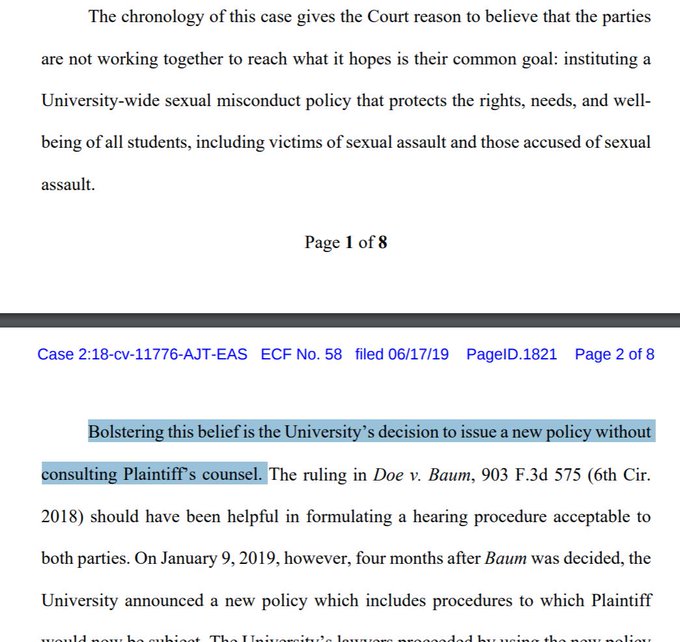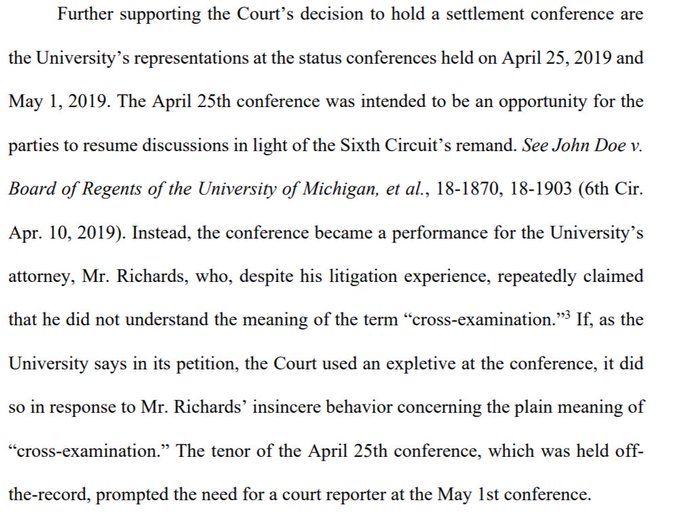What do you get when you have a false accusation, a start-by-believing investigative process, a broken and corrupt judicial system, and a lost dream to play in the NFL? You get Brian Banks, The movie and The man. You also get a story of thousands of others who have experienced similar circumstances due to false accusation.
Banks was an All-American high school football prodigy who was awarded a full-ride scholarship to USC and who had the attention of the NFL. At the mere accusation of sexual assault and kidnapping, Banks had his dreams stolen by an unjust system.
In the summer of 2002, classmate Wanetta Gibson claimed 16-year old Banks dragged her into a stairwell at Polytechnic High School (Poly) and violently raped her. It was a he-said, she-said scenario; and what she said was believed. Despite the lack of evidence, Banks was railroaded through a broken justice system. He faced a nearly impossible decision of 41 years-to-life in prison or take a plea deal and spend 5 years in confinement, with probation and lifetime registration as a sex-offender.
At the recommendation of his attorney, Banks chose what he thought would give him life. He took the plea. Banks spent nearly 11 years convicted of a rape and crime he did not commit.
Meanwhile, Wanetta Gibson and her mother filed a lawsuit against the Long Beach school district claiming the high school did not offer a safe environment. They won a $1.5 million settlement.
Nearly a decade after his conviction, Gibson had the audacity to send Banks a Facebook message saying, “Let’s let bygones be bygones.” Surprised to receive that message, Banks worked with a private investigator to set up a meeting with Gibson. It was there, on hidden camera, that she admitted fabricating the entire story.
Due to the work of the California Innocence project, the Los Angeles District Attorney’s Office acknowledged Banks was wrongfully convicted. He was fully exonerated on May 24, 2012, free of all charges and labels that accompany sex offenders.
In 2013 The Long Beach School District sued Wanetta Gibson for $2 million and won a $2.6 million judgment against her. She failed to appear at all court dates and apparently has gone into hiding.
This movie tells a story that is all too familiar to those men who have been falsely accused of sexual assault. It raises awareness about flaws in the judicial system. The movie shows us that unless we have criminal justice reform, anybody can be wrongfully convicted. It also shows us that unless we move away from “believe the victim” mentality, anyone can be falsely accused.
What is now referred to as the “me-too” movement has led to increased numbers of false-accusations. After being accused, men likely face start-by-believing investigative techniques, a corrupt criminal justice system, and a system that prefers plea deals rather than due process.
In response to these persistent biases, 11 members of the House of Representatives, in cooperation with the Center for Prosecutor Integrity, recently sent a letter to Attorney General Barr highlighting the erosion of due processes in criminal and administrative proceedings.
The letter urged Barr to stop funding organizations that don’t recognize the presumption of innocence when training military or law enforcement, including prosecutors, and instead instruct law enforcement and prosecutors that defendants are presumptively innocent. The letter further asked that no witness be afforded a presumption of truth, but that all statements are subjected to the crucible of reality and cross-examination.
No response has been received to date from Attorney General Barr.
Not all movies have a “happily ever after ending”, but Banks does his best to provide that to us. Although Banks would never realize his dream of going to college and playing professional football, he gives us a hope and his convincing philosophy on the power of choice. “All you can control in life is how you respond to it”. He responded with extraordinary resiliency and with a passion to change a broken judicial system. Brian Banks The Movie is out August 9, 2019.




 The 6th Circuit had just remanded the case to Tarnow’s court when the parties met for a settlement conference, but Richards (right) used the occasion to make a “performance,” the judge said. This is where Richards confessed his confusion at the meaning of “cross-examination,” and apparently it caused Tarnow to swear at him.
The 6th Circuit had just remanded the case to Tarnow’s court when the parties met for a settlement conference, but Richards (right) used the occasion to make a “performance,” the judge said. This is where Richards confessed his confusion at the meaning of “cross-examination,” and apparently it caused Tarnow to swear at him.